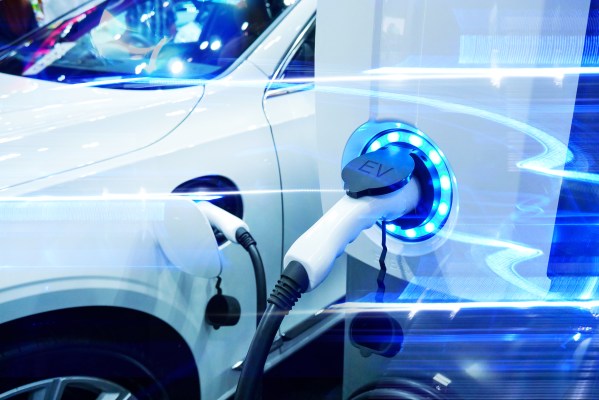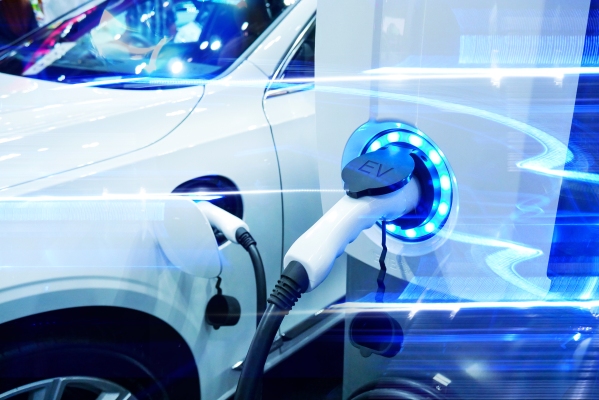
For most of the last decade, Americans largely ignored electric vehicles. Some brands sold decent numbers, like the Chevy Bolt or Nissan Leaf, but they were largely targeted at thrifty commuters or EV diehards. Others, like the Ford Focus Electric, were intended only to comply with laws that mandated a small number of EV sales. Still others, like the early Tesla models, were desirable but out of reach for most people.
In the last couple of years, though, automakers have dropped their resistance and consumers have likewise let go of their indifference. New technology adoption often follows an S-curve, where people are slow to embrace it at first but then rush in once a tipping point is reached. EVs appear to be at that inflection point today: Car buyers snapped up nearly twice as many plug-in vehicles last year as they did the year before.
The sudden surge has observers wondering whether the pace can be maintained, especially in the U.S. Their concern isn’t misplaced: Apart from Tesla’s factories, the U.S. doesn’t have significant EV or battery manufacturing infrastructure, at least not yet. And in terms of publicly available chargers, we have fewer per road-going EV than any country but Norway, where the public’s sudden embrace of EVs has led to a wave of new registrations, according to a recent International Energy Agency report.
Innovation may help position U.S. battery makers to be more independent of Chinese supply chains, an agenda that’s been top-of-mind for many manufacturers.
The U.S. may seem behind, but is it hopelessly so? Can the country pull a rabbit out of the hat? It’s happened before, of course. The U.S. didn’t invent the automobile — that honor goes to Germany’s Karl Benz — but it did produce the Model T, which helped the country take the lead in the adoption of the automobile.
Neither was the Interstate Highway System the first controlled-access highway network, but today it’s far more extensive than the Autobahn, and until a decade ago, was the most extensive in the world. The trend holds outside transportation, too — Americans didn’t embrace mobile phones at first, but subscription rates continue to grow domestically while they’ve plateaued or dropped in more zealous countries.
It’s not guaranteed, but there are plenty of reasons why the U.S. has a good chance of catching up in the race. And if it does, it’ll mean plenty of opportunities for investors, especially on the infrastructure side.










